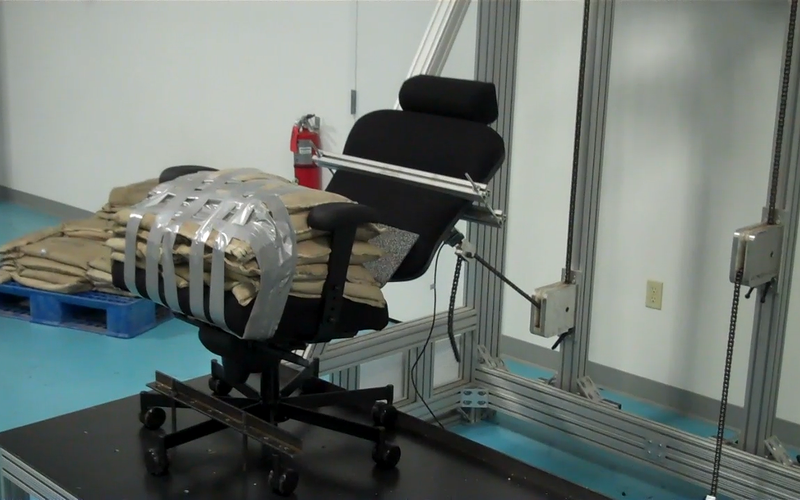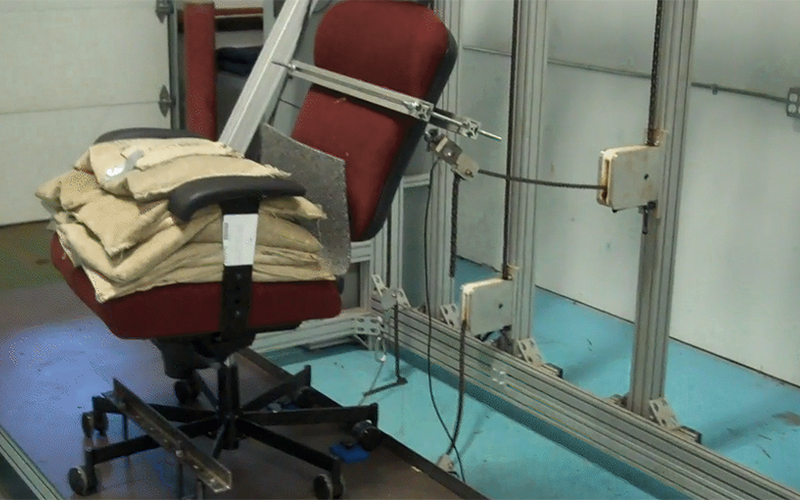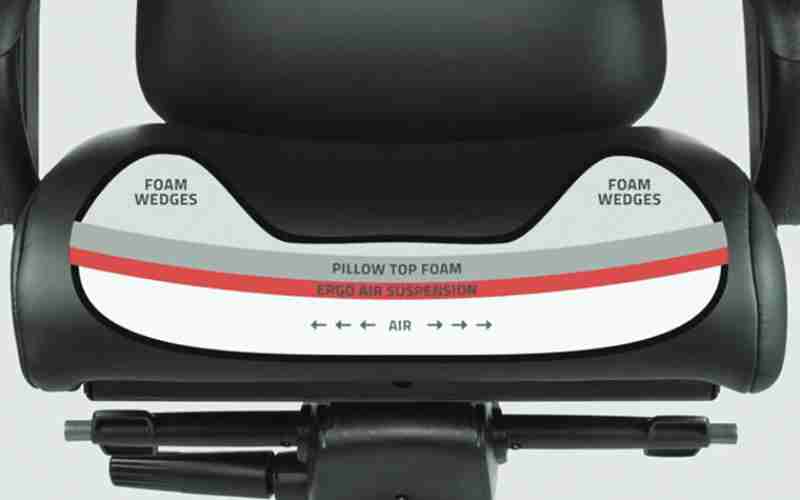If you spend extended hours sitting at a desk, the quality and design of your chair can significantly impact comfort, posture, and even long-term health. A poorly designed chair will lead to a variety of negative effects, including chronic back pain, neck strain, poor circulation, and decreased productivity.
These issues often develop gradually, making them easy to overlook until they become serious problems. By understanding the importance of proper ergonomics and recognizing the signs that your office chair is harming your health, you can improve your well-being and ensure a comfortable work experience.
Persistent Back Pain
One of the most common signs of a bad office chair is recurring back pain. A chair without adequate lumbar support forces your spine into unnatural positions, leading to strain on your lower back. Proper support maintains the natural curve of your spine. If you find yourself constantly shifting or if you experience stiffness after a day at the desk, your chair may be the problem.
Poor Posture and Slouching
A poorly designed chair can lead to sitting with poor posture. Chairs that are too low, too high, or inaccurately aligned with your desk can cause you to slouch or lean forward. Over time, poor posture can lead to rounded shoulders, neck strain, and even spinal deformities. Your office chair should help you sit upright with your feet flat on the floor, your knees at a 90-degree angle, and your arms at desk level.
Increased Fatigue and Decreased Productivity
A poor-quality office chair does more than harm your body; it also affects your ability to stay productive. Discomfort leads to frequent breaks and difficulty concentrating, which limits your efficiency at work. Ergonomic chairs designed for prolonged sitting can vastly improve your performance by reducing strain and ensuring comfort. Consider investing in high-quality 24/7 office chairs designed to withstand extended use without compromising your health and focus.
Frequent Neck or Shoulder Tension
Neck or shoulder tension after long hours of work is one of the main signs that your office chair is bad for your health. Chairs without proper head and arm support can strain these areas, leaving muscles tight and overworked. The absence of adjustable armrests or an adjustable headrest forces the body to hold unnatural positions, which can worsen discomfort. Investing in a chair that supports your entire body, including your neck and shoulders, is essential for avoiding chronic tension.
Numbness or Tingling in Your Legs
Often feeling numbness, tingling, or poor circulation in your legs is a clear warning that your office chair isn’t providing the support you need. Hard chairs with a poor suspension system can cut off blood flow to your legs, especially if the seat is narrow or presses against the back of your thighs. A well-designed chair with a waterfall edge seat can promote circulation and alleviate these symptoms.
The next time you settle in for your workday, take a moment to truly listen to your body. Those seemingly small aches and pains could be significant signals that your office chair is doing more harm than good. By paying attention to these warning signs and proactively seeking a more supportive seating solution, you can improve your physical health as well as your focus and overall job satisfaction.




